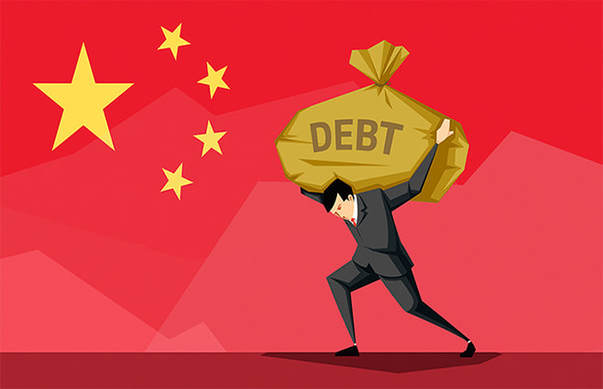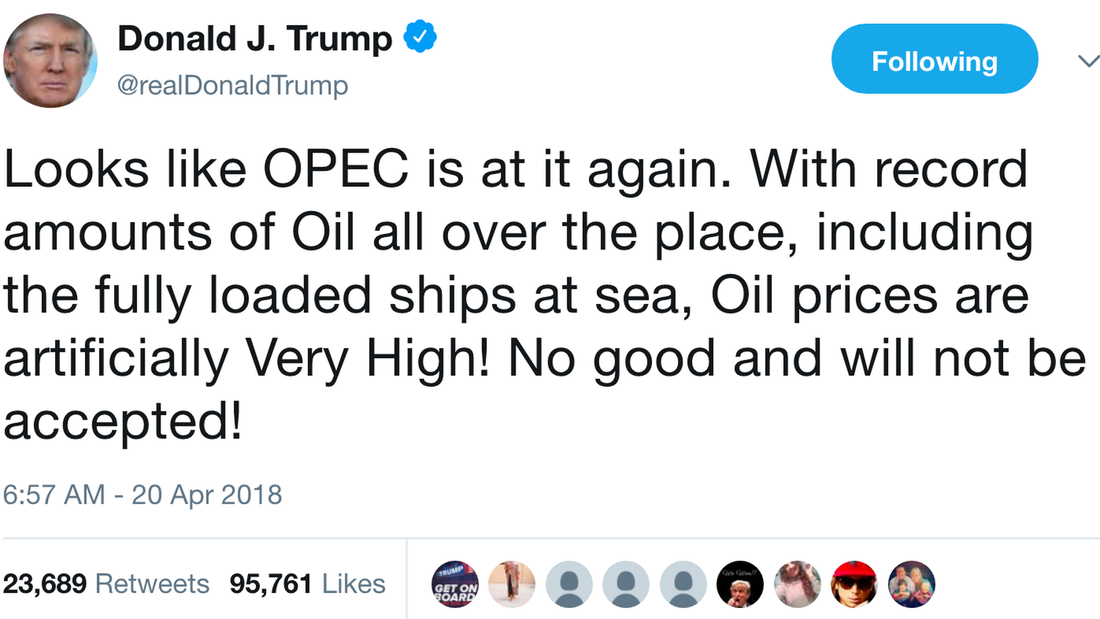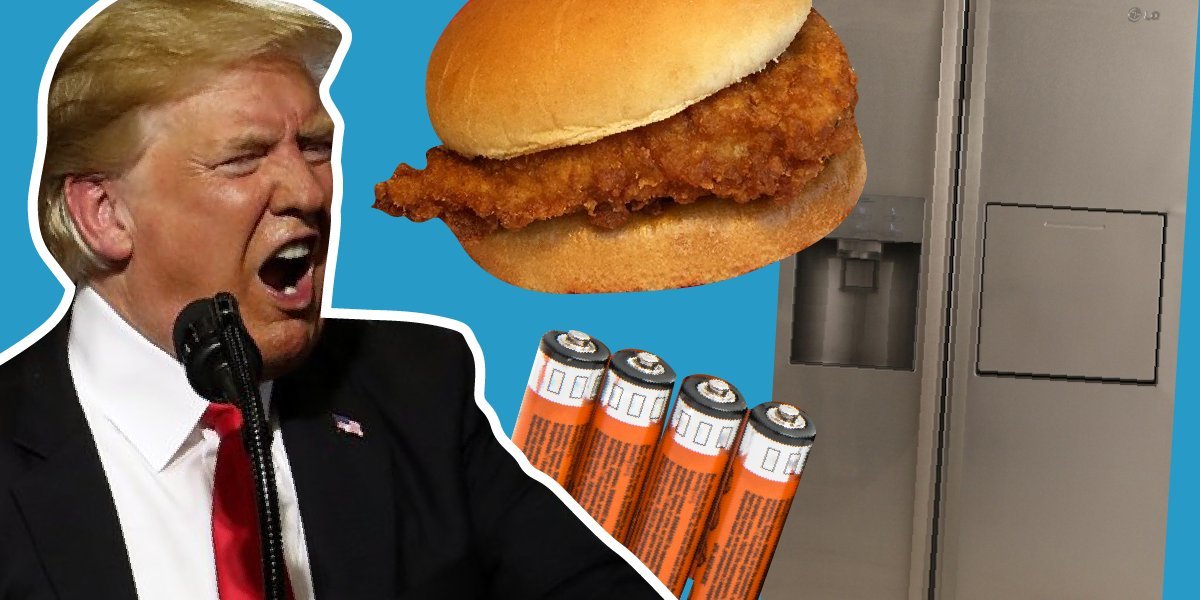ECONOMICS STUDY CENTER, UNIVERSITY OF DHAKA
|
Namira Shameem, Khandakar Iffah, Sheikh Tausif Ahmed China trapped between Debt and Growth GoalNamira Shameem China’s central bank finds itself in a dilemma as it tries to find a sweet balance between tightening and loosening its monetary policy to suit its economy’s needs. The People’s Bank of China(PBOC), engaged in the challenge of ridding China’s financial system of bad debts, is now also seeking to boost slumping growth and falling stocks.  Director General of the PBOC Research Bureau, Xu Zhong, said, “The pressure of monetary policy to balance domestic and external stability is big, and room to maneuver is becoming even smaller. Monetary policy can’t do everything, especially under conditions where external shocks are constantly increasing.” To defend the depreciation of the Yuan to USD due to threats of the Trump trade war, the new PBOC Governor, Yi Gang, has cut banks’ reserve requirements, increased collateral for liquidity operations, and refrained from increasing the interbank borrowing costs as means to ease policy. With a tight fiscal policy, the government aims to lower the budget deficit this year but has lowered taxes on imports to stimulate domestic consumption. Slow growth, record corporate bond defaults, high debts, and the dive in currency may be too much for the PBOC to handle. The greater the economic slowdown, the more tempting it is for PBOC to loosen the monetary policy, whereas keeping it tight puts the economy at risk. PBOC is expected to introduce more targeted tools to recuperate parts of the economy without releasing too much cash into the financial system and upsetting the delicate balance it seeks to achieve. Trump raises pressure on OPEC to Boost Supply as Oil Holds GainsKhandakar Iffah  Oil prices in recent days have hit their highest levels since late 2014. President Donald Trump is blaming OPEC for rising oil prices but analysts say his sanctions on Iran are largely fueling a rally in the crude market. Previously in Trump’s tweets on this issue, he reiterated that he once again leaned on Saudi Arabia, the world’s largest oil exporter, to increase production by as much as 2 million barrels a day. But analysts and Saudi Arabian officials have indicated that there isn’t enough capacity to offset a complete cutoff of Iranian, Libyan and Venezuelan oil sales. The realization of this impending supply shortage has helped drive up prices over the past two weeks and caused worry among countries and traders. Even though Trump’s campaign is encouraging a more aggressive production increase, Morgan Stanley forecasted Brent crude’s price to be $85 a barrel next year. Currently, the price of the International benchmark Brent grade crude oil for September delivery gained 48 cents at $78.24 a barrel. Incidentally, US inventories have faced a surprising drop of 4.51 million barrel last week and are expected to decline farther in future. Besides global supply disruptions, rising demand is also responsible to some extent for increasing oil prices. How American Food-Chains Could Hurt Chinese Economy Sheikh Tausif Ahmed  Boycott has always been a way of protesting injustice. Now, China is planning to use it against the US in the upcoming trade war. But could this policy backfire on China? In response to US's plan to impose tariffs on $34 billion of Chinese exports, China plans to put levies on equal value of US goods. America has $130B direct export to China, whereas China exports goods worth $505B to the US. This puts China at a comparative disadvantage because they won’t be able to affect US economy as much, when this trade war starts growing. China plans to overcome this situation by provoking its people to boycott US brands in China. Big American food chains like McDonald, Coca-Cola, KFC has$280B business in the country. The catch here is, some Chinese companies are majority stakeholders in these companies. More than 80% of McDonald’s China franchise is owned by Citic Ltd. and other Chinese investors. KFC & Pizza Hut owner Yum! Brands Inc. does not own the business in China after the spawn of Yum! China holdings. Coca-Cola sold it’s bottling assets to COFCO & Swire Pacific Ltd. Both Chinese companies. The situation at hand puts these Chinese companies in a precarious position, should the consumers choose to boycott American brands. As the majority of the consumers remain oblivious to this fact, these Chinese companies will lose money at the hands of their very countrymen. This situation could hurt these Chinese companies, thus affecting the country’s economy. As the trade war is inevitable & retaliatory measures will grow in the upcoming days, how China plans to handle this situation will be very interesting to see.
0 Comments
Leave a Reply. |
Send your articles to: |




